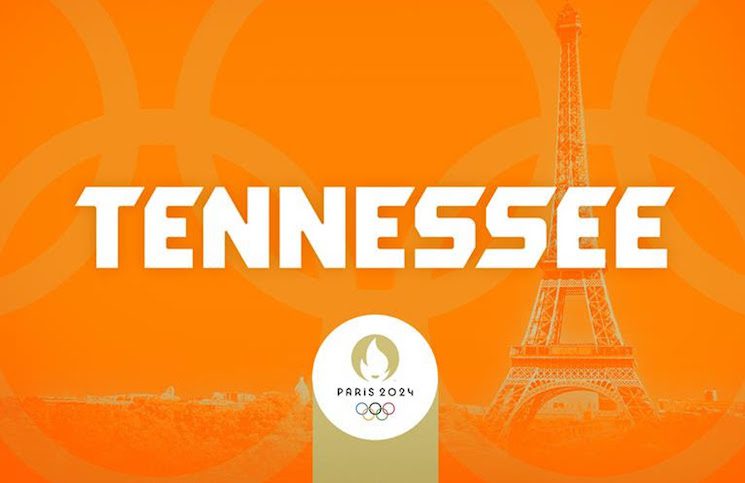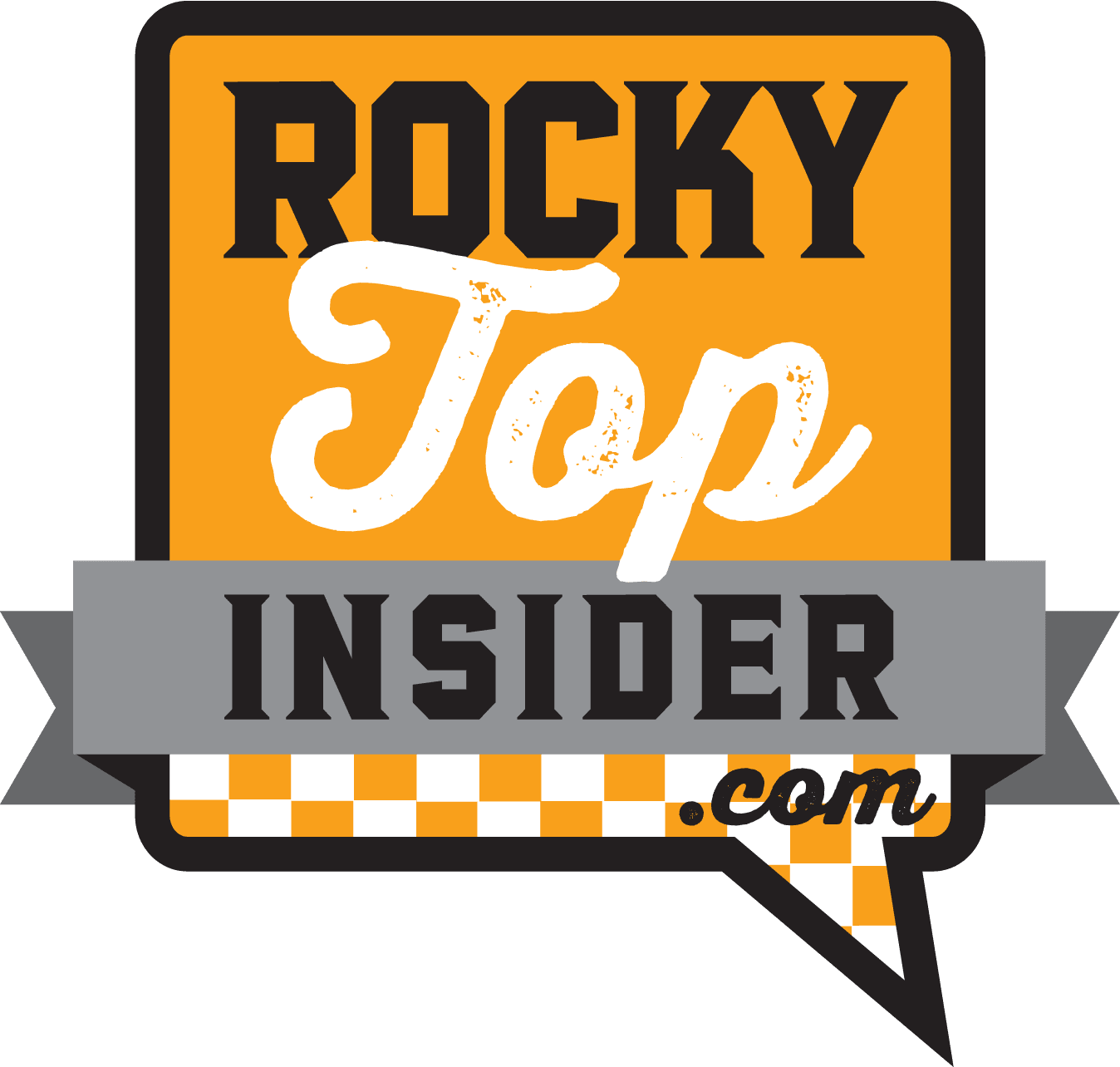
If you’re a Vol fan hoping to purchase alcohol at a Tennessee football, basketball, or soccer game soon, your wishes may soon be granted.
According to Blake Stevens of WATE 6 News in Knoxville, the Knoxville Beer Board has granted beer permits to Aramark, the main food vender for the University of Tennessee. Per Stevens, this now “paves the way” for alcohol sales at Neyland Stadium, Thompson-Boling Arena, and Regal Soccer Stadium.
#BREAKING: Knoxville Beer Board grants beer permits to Aramark, UTK’s food vendor. This paves the way for alcohol sales at Neyland Stadium, Thompson-Boling Arena, and Regal Soccer Stadium. #WATE ??
— Blake Stevens (@bstevensnews) July 16, 2019
The SEC lifted its ban on alcohol sales for their member institutions back in May, allowing each of the 14 teams to decide whether or not they wish to sell alcohol at their sporting events. Several schools have already come out and stated their intent to sell or not to sell alcohol, and now Tennessee will have the opportunity to open up the taps in the near future.
Stevens sat in on the meeting with the Knoxville Beer Board and Aramark, and the debate revealed several of the intended practices for serving alcohol at sporting events on UT’s campus.
According to tweets from Stevens, Aramark plans to allow a maximum of two beers to be sold to one person at a time. Stephanie Welch, a candidate for Knoxville’s 1st District City Council, raised concerns that two would be too much and believes that it should be limited to one. Councilwoman Perez shared those fears, claiming that two 25 ounce beers could lead to more drunk driving incidents after Tennessee games.
In response, Aramark stated they won’t sell any alcohol to intoxicated patrons and claims there will be designated driver programs and incentives for ride sharing following the conclusion of UT games.
There were a few more concerns that were raised before the Knoxville Beer Board ultimately granted permits to Aramark:
Questions over alcohol at UT continue at beer board meeting… .@SWelch1st asked Aramark rep how employees are trained to identify an intoxicated person. Aramark says they won’t sell to intoxicated people. #WATE
— Blake Stevens (@bstevensnews) July 16, 2019
Questions over alcohol at UT continue at beer board meeting… .@SWelch1st asked Aramark rep how employees are trained to identify an intoxicated person. Aramark says they won’t sell to intoxicated people. #WATE
— Blake Stevens (@bstevensnews) July 16, 2019
Sales of alcohol at other universities has been in practice for years. The SEC had a ban on alcohol sales in general seating for over three decades, but now that ban has been lifted.
For the most part, major college athletic programs have seen positive effects of allowing alcohol sales. Since opening up alcohol sales in 2011, West Virginia has reported a “sharp decline” in alcohol-related incidents according to InsideHigherEd.com. WVU officials cite policies no longer allowing fans to re-enter the stadium if they exit before a game is over and their new “High Five Rules” campaign that encourages students and other fans to “engage in proper behavior” while at games as contributing factors.
From 2011 to 2016, West Virginia received more than $3 million in revenue from alcohol sales according to that same report.
West Virginia is far from the only school to see a decrease in poor behavior and an increase in revenue since selling alcohol. Oregon’s alcohol-related ejections decreased by 49 percent through the first half of the 2018 season when compared to the same time frame in 2017, and both Ohio State and Minnesota have reported on large revenues from alcohol sales. The Buckeyes saw alcohol-related incidents fall by 65 percent in their first year of alcohol sales, and they reported a net revenue of $1.23 million from alcohol sales in 2017. Minnesota projected an annual revenue increase of $250,000 after a proposal to expand beer and wine sales to basketball and men’s hockey games was approved.
It remains unclear exactly when or if alcohol will be sold in Neyland Stadium, Thompson-Boling Arena, and Regal Soccer Stadium, but the path is now much clearer to do so.



